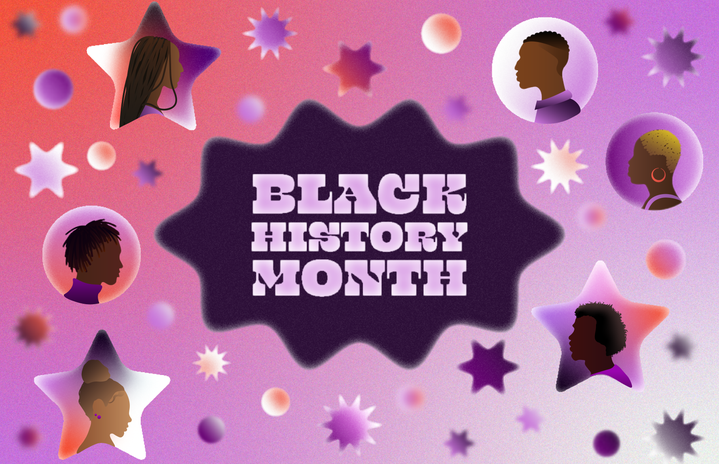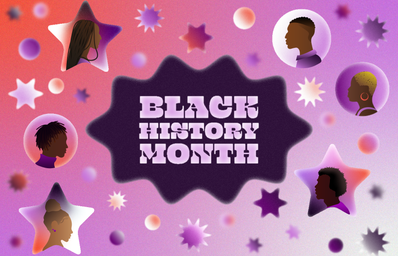February is the shortest month of the year, so I’ll cut to the chase: Being an anti-racist who is knowledgeable is an everyday pursuit. We have to wake up and ask ourselves, “How can I stand up for the Black community today? How can I continue using my voice and resources for good right now?” Because of this, when February came around, I didn’t think about how to make my voice heard for an entire 28 days. I thought of how to make Black History integrated into every inch of the American fabric, 12 months out the year.
Instead of public schools teaching about the peaceful side of Martin Luther King Jr. in February, public schools need to teach about Black scientists
In your biology or environmental science class or Black writers in English class. When squishing things into one month, many things seem to get lost along the way. Class material gets watered down, white-washed and served cold when it should remain fresh in all of our minds.
Black people are suffering in the Prison Industrial Complex because of environmental racism as well as medical racism. Unfortunately, these issues don’t disappear when people don’t discuss it— they fester. Public schools in the United States were–just like many other things in this country–created by segregationists who didn’t include Black people in their structures. Due to this, public schools are still inherently racist. This is an issue that simply cannot be countered in 28 days. It cannot even be countered in 365 days. But, by implementing Black history, struggles and accomplishments into our discussions, we can take strides toward a better tomorrow.
We need to decolonize curriculums. We need to decolonize workplaces. This begins when we decolonize our thought processes and beliefs. Being in college, some students might ignorantly believe that we are not here to take classes about racism. Due to this significant race gap across universities, conversations can be scarce. So, I am going to tell you what many girls aren’t told while growing up: be outspoken. Be loud about issues that need to be talked about. Be the confrontational woman that we are taught and conditioned to leave behind.
However, please don’t forget to talk about Black success. We are not their saviors. We are not coming to their rescue. We are merely using our privilege to fight for the equality some of our ancestors stayed silent about. Black people do not need us to push them forward, they just need us to stop holding them back.
Educate yourself year-round, because injustice doesn’t stop amid silence; It grows comfortable.



